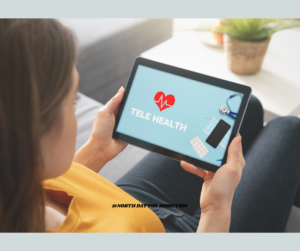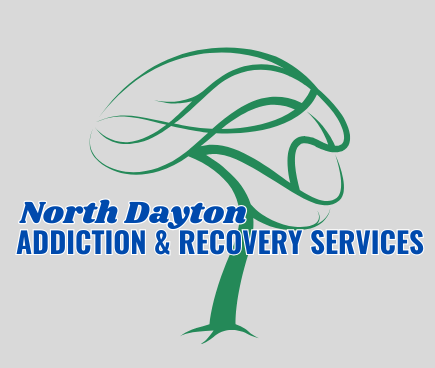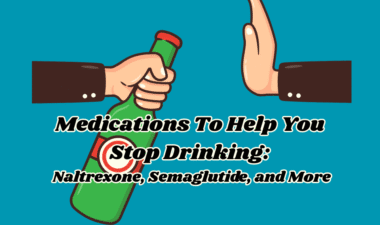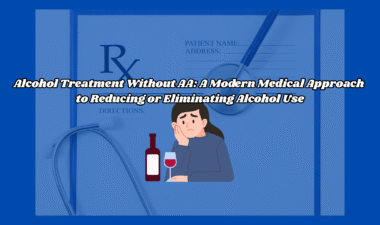Expert Guidance for Families Facing Opioid Addiction in Ohio and Indiana
When a loved one is struggling with opioid addiction, the entire family suffers. At North Dayton Addiction and Recovery, we understand that addiction is not just a personal struggle—it’s a family crisis. That’s why we offer Suboxone treatment by telemedicine, making care accessible across Ohio and Indiana for both patients and families.
Led by Paul Kolodzik, MD, FACEP, FASAM, a board-certified addiction medicine specialist with over a
decade of experience, our practice supports families every step of the way—from crisis to recovery.
Addiction Impacts the Whole Family
Opioid addiction doesn’t happen in isolation. It affects spouses, parents, children, and close friends. As addiction reshapes the life of your loved one, it also distorts the emotional and functional stability of the family. Miscommunication, mistrust, and emotional exhaustion often follow.
Common Struggles for Families Include:
- Chronic stress and anxiety
- Emotional withdrawal and guilt
- Financial strain
- Lack of clear communication
Understanding the science of addiction—that it stems from changes in brain chemistry, not character flaws—can empower families to shift from blame to action.
Support for Families of Addicted Individuals
Join Support Groups Like Al-Anon and Alateen
One of the most effective tools for families is joining peer support groups. Al-Anon and Alateen meetings offer a safe, nonjudgmental space to:
- Share experiences
- Reduce stress
- Learn healthy coping skills
- Rebuild trust and communication
Surveys show participants in these groups experience better mental health, improved relationships, and increased resilience.

Why Family Therapy Matters
Addiction creates emotional distance and silence. Family therapy works to rebuild trust and restore healthy interaction. At North Dayton Addiction and Recovery, we encourage families to participate in structured therapy sessions to:
- Break the cycle of blame and anger
- Learn how to support recovery constructively
- Strengthen the family unit long-term
Even one family meal per week can reinforce emotional bonds and provide a foundation for healing.
Setting Realistic Expectations in Recovery
Recovery is a process—not a destination. Holidays and life events can trigger emotional setbacks. Managing expectations helps families:
- Stay committed to the recovery journey
- Avoid disappointment and conflict
- Celebrate small victories without demanding perfection
Prioritize Your Own Wellbeing
To support a loved one effectively, families must also care for themselves. Healthy routines are crucial.
Self-Care Strategies for Families:
- Exercise: Reduces anxiety and boosts mood with dopamine and endorphins
- Hobbies: Calming practices like knitting or gardening help ease emotional fatigue
- Sleep Hygiene: Consistent rest is critical for emotional regulation and clear thinking
- Personal Counseling: Individual therapy can provide tools to manage stress, guilt, and anger
Studies show that family members of addicted individuals often experience high levels of burnout. Seeking personal help is not selfish—it’s essential.

Be an Advocate for Change
Families have the power to shift the narrative around addiction. Challenge stigma when you hear language like “clean” or “dirty.” Share what you’ve learned. Your courage can educate others, break cycles of shame, and inspire other families to seek help.
Compassionate Telemedicine-Based Treatment That Works
At North Dayton Addiction and Recovery, we combine evidence-based medical care with deep understanding and empathy for families in crisis. Through our telemedicine platform, we offer convenient and confidential access to Suboxone treatment throughout Ohio and Indiana.
Whether you’re a parent, spouse, sibling, or child—we’re here to help you and your loved one heal.

Call or Email Us Today
If your family is navigating the pain of opioid addiction, you don’t have to do it alone. Contact North Dayton Addiction and Recovery now to speak with our expert team about telemedicine Suboxone treatment and family support resources.
Call us or contact us here by submitting your information to request a call back.
This blog was written by Stevie Duncan in collaboration with Paul Kolodzik, MD, FACEP, FASAM, Medical Director of North Dayton Addiction and Recovery.




